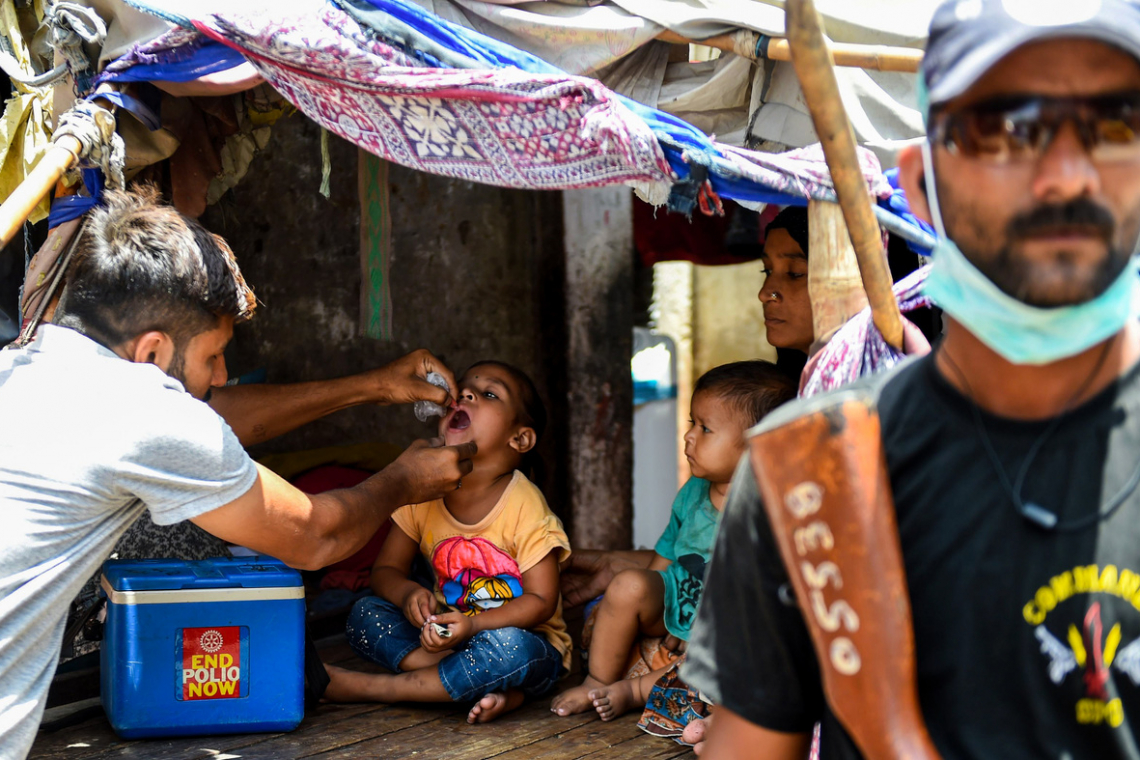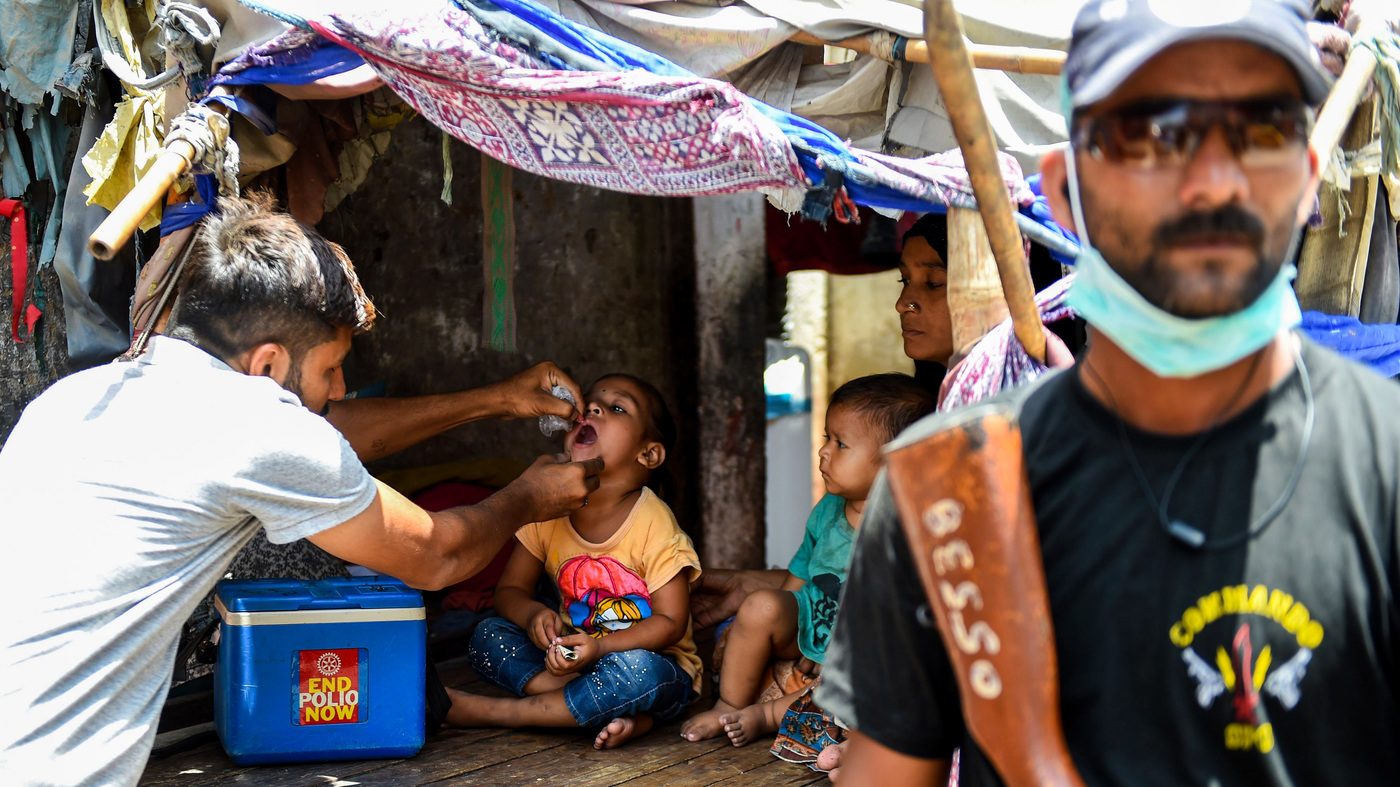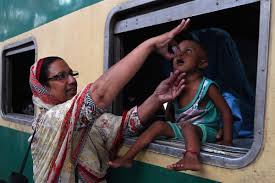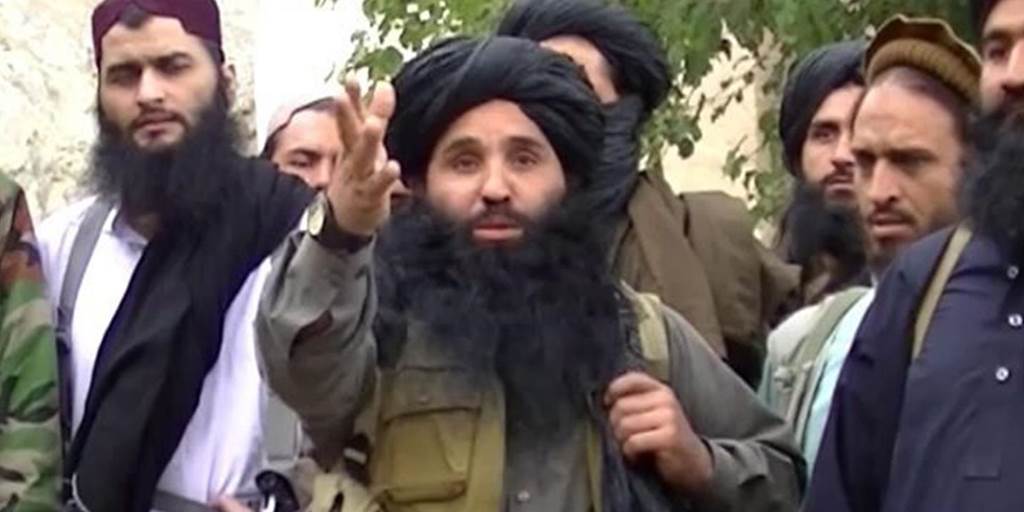Two gunmen on a motorcycle carried out the attack in the Lal Qila area of KP, near the border with Afghanistan, as police were gathering at a health centre before heading out with polio vaccinators. Nobody immediately claimed responsibility for the slayings, but the Pakistani Taliban and other militants have targeted polio vaccinators in the past. The attack comes during a devastating year in Pakistan's long fight against the disease, with at least 104 cases reported in 2019 so far. Last year, just 12 cases were reported.
Islamist-led propaganda campaigns against government-backed health projects, especially polio vaccination programs, began in Swat and Malakand regions in 2006.
Maulana Fazlullah, the leader of Tehrik-i-Taliban Pakistan, spearheaded the effort. Cleric Taliban leaders and theirs followers carried out a propaganda campaign encouraging people to adopt an ultra-conservative lifestyle. They propagated primarily against entertainment such as music, dance, and television, but he also preached against female education. Cleric conservatives criticized the polio vaccination program in the North-West Frontier Province through his illegal FM radio sermons and Friday prayers at the local mosques. They also alleged that the polio eradication campaign was part of a “conspiracy of Jews and Christians to make Muslims impotent and stunt the growth of Muslims”.
At the same time, in contrast to the Taliban’s position on the vaccination campaign, many influential Islamic clerics opposed the ban. In late October 2013, senior religious scholar Maulana Sami-ul-Haq, the head of the Dar-ul-Uloom-Haqqania Islamic seminary and chief of Jamiat-i-Ulama-i-Islam-Sami and considered to be a spiritual leader of the Taliban, issued a counter fatwa urging parents to immunize their children against polio and other fatal diseases such as measles, tetanus and tuberculosis. He further added that the vaccinations comply with Islamic Shari`a. Perhaps Sami-ul-Haq’s contentions, coupled with public support for immunization drives as well as sustained government efforts for the vaccination and health programs, forced the Taliban leadership to change their position for now. In January 2014, they distanced themselves from some of the violent attacks on anti-polio health workers in Manshera and Karachi. Despite it, the grim situation prevailed as attacks continue against anti-polio personnel.





